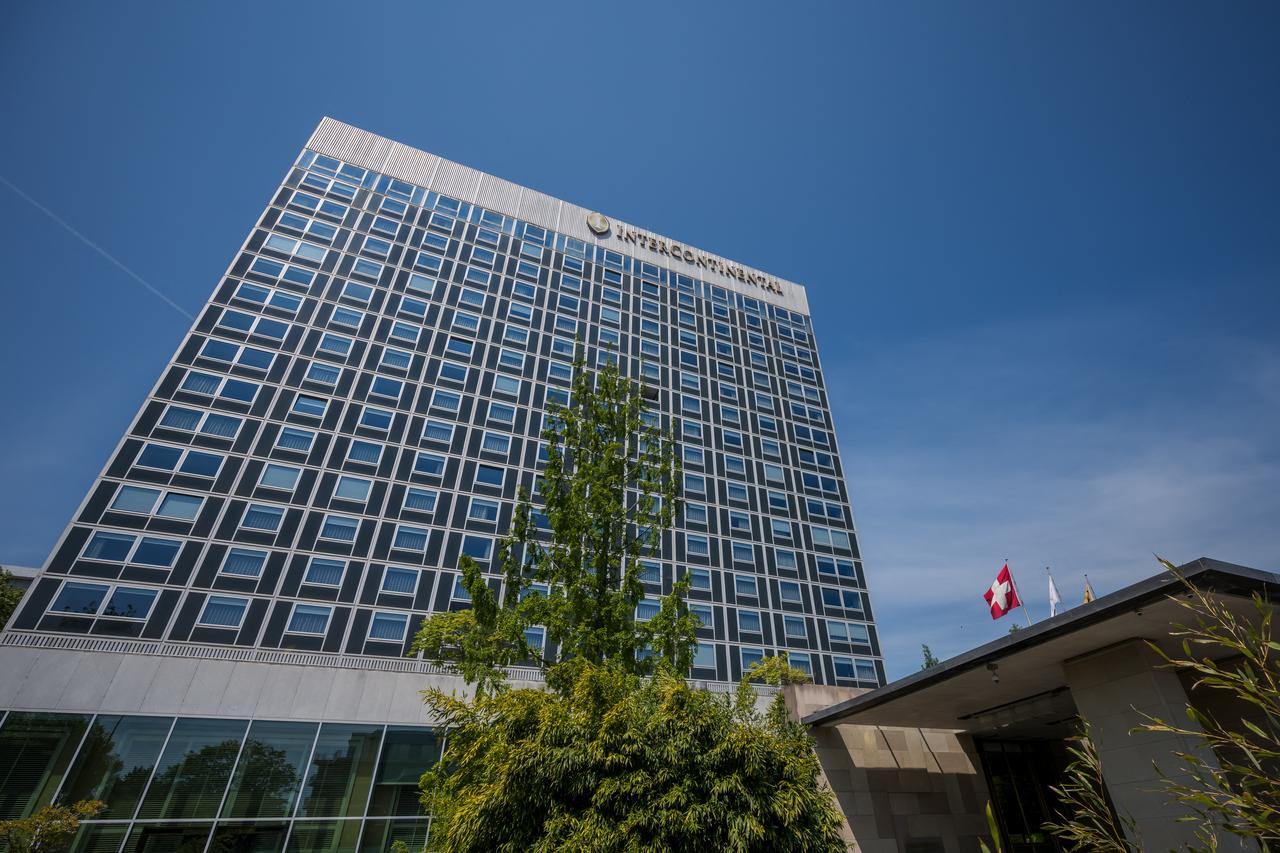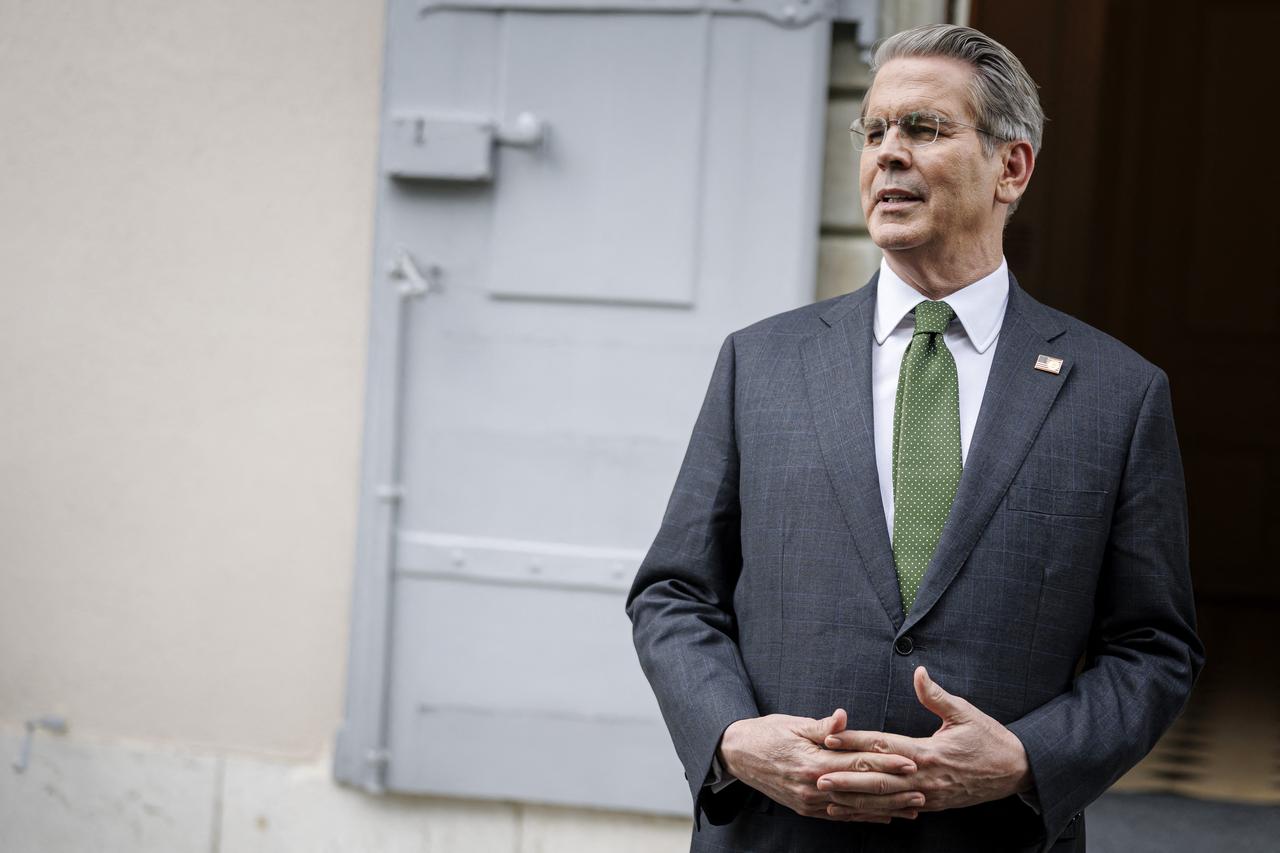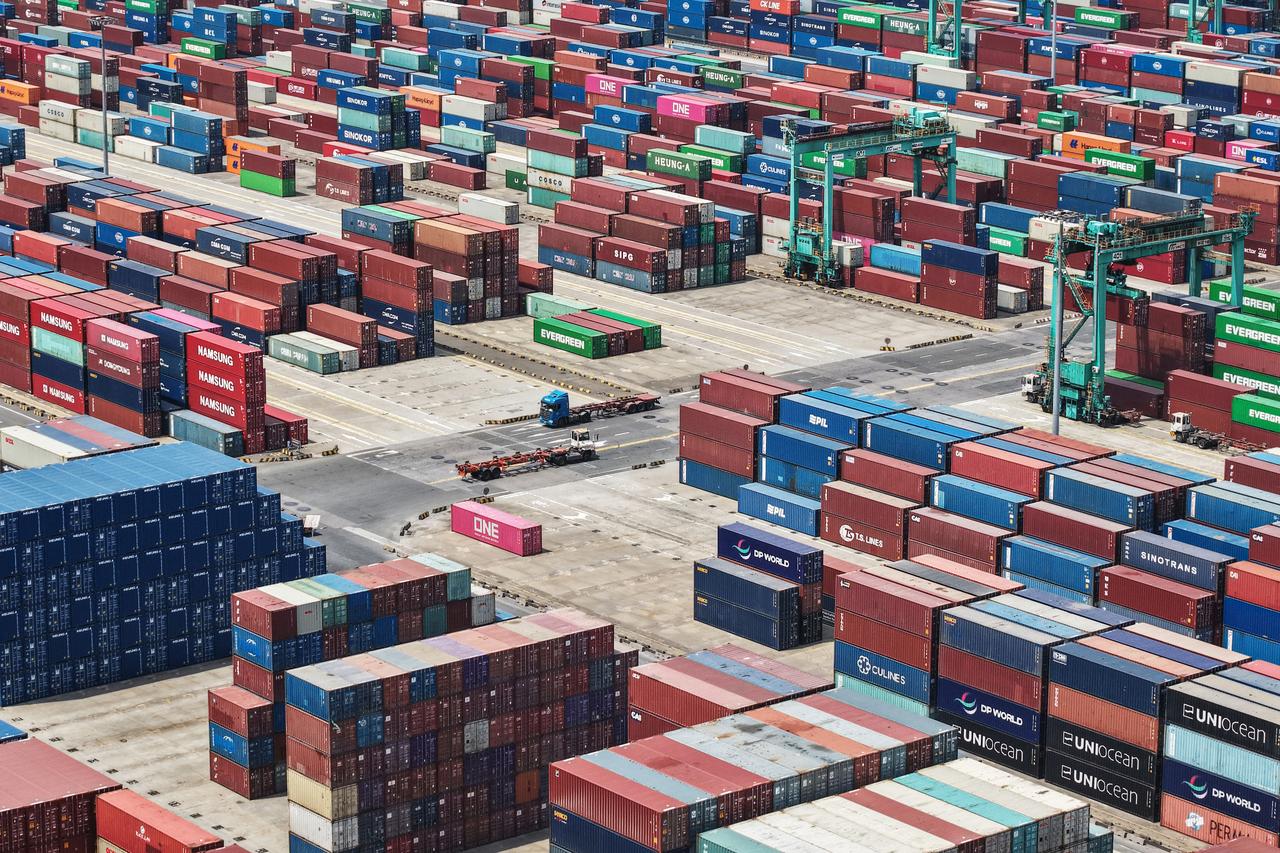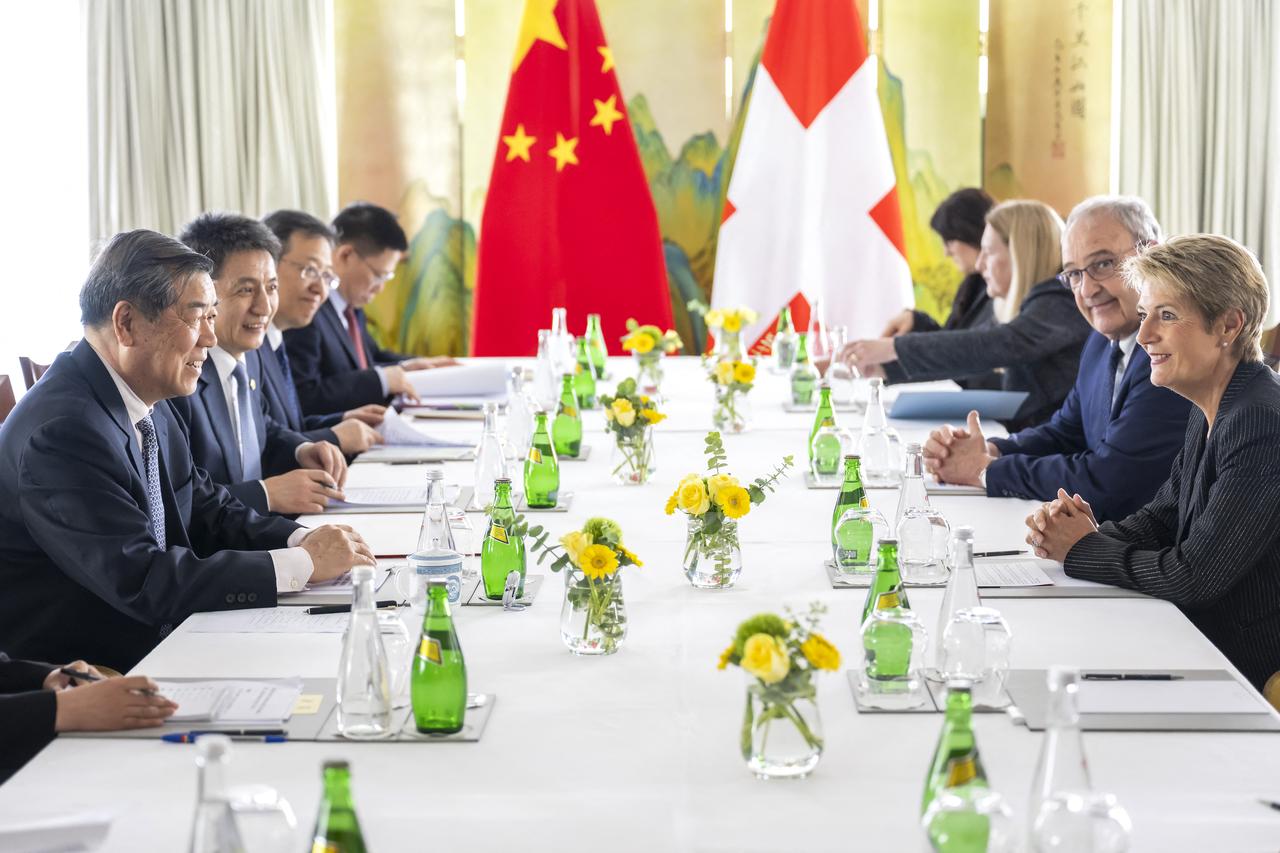
United States and China concluded two days of high-level trade negotiations in Geneva on Sunday, with Treasury Secretary Scott Bessent describing the outcome as “substantial progress” following the second round of talks.
The meetings, held at the Swiss ambassador’s residence, were the first face-to-face discussions since Washington imposed a fresh wave of tariffs on Chinese goods last month.
U.S. Treasury Secretary Scott Bessent, appearing alongside U.S. Trade Representative Jamieson Greer, said the talks had been productive and respectful. “We made substantial progress between the United States and China in these very important trade talks,” Bessent told reporters, noting the Swiss government’s role in hosting the meetings contributed to the cooperative tone.

Greer said both sides found common ground more quickly than expected. “That reflects that perhaps the differences were not so large as maybe thought,” he said, adding that the negotiations were conducted in a spirit of mutual respect and shared interest. A full briefing is expected on Monday.
The discussions come amid heightened trade tensions. President Donald Trump recently raised tariffs on Chinese imports to 145%, with cumulative duties on some goods reaching 245%. In retaliation, China imposed tariffs of 125% on American products.
Greer pointed to the U.S.’s $1.2 trillion trade deficit as a key factor in the administration’s decision to act. Trump had earlier declared a national emergency over the issue and said on Truth Social that the Geneva discussions were a “total reset,” calling the tone “friendly but constructive.”

He also suggested that an 80% tariff level “seems right,” although his press secretary later clarified that any tariff adjustments would be conditional on Chinese concessions and would not be made unilaterally.
Sstate-run Xinhua News Agency described the negotiations as “an important step in promoting the resolution of the issue.” Beijing had previously signaled that the U.S. must begin lifting tariffs before further progress can be made. While Bessent stressed the goal was de-escalation rather than a major deal, Chinese officials reiterated that any resolution would have to include a rollback of U.S. tariffs.

Chinese Vice Premier He Lifeng said that Beijing and Washington agreed during weekend talks in Geneva to establish a "consultation mechanism" aimed at easing trade tensions. China’s trade envoy Li Chenggang added that the platform would enable both regular and ad hoc discussions on trade and commercial issues.
Citigroup’s chief economist Nathan Sheets said the current tariff environment benefits neither country, describing it as a “lose-lose proposition.” Gary Hufbauer of the Peterson Institute for International Economics warned that even if tariffs were lowered to 80%, U.S.-China trade could still be reduced by half.
Friday’s trade data from Beijing showed a surprising rise in Chinese exports, which experts attributed to a shift toward Southeast Asian markets to avoid U.S. duties.
The Trump administration is expected to release a detailed summary of the talks on Monday. While significant challenges remain, both delegations signaled a willingness to keep negotiating, raising the possibility of further meetings in the coming weeks.